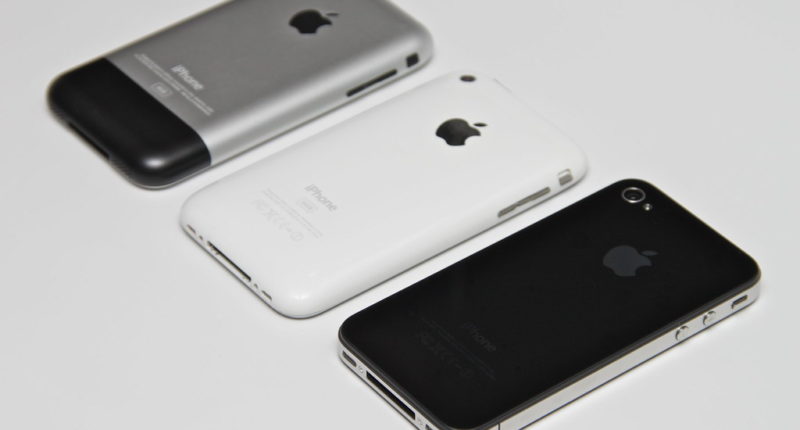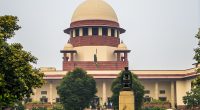Apple has agreed to pay $113 million in a multistate settlement for misrepresentation of older generation iPhone batteries and for intentionally pushing iOS software updates which throttled device performance.
California Attorney General Xavier Becerra, alongside 33 other states and the district attorneys for the counties of Los Angeles, Alameda, Santa Clara, San Diego and Santa Cruz, announced a $113 million settlement against Apple on Wednesday.
According to California’s complaint, Apple allegedly equipped their iPhone 6 and 7 gen phones with batteries susceptible to power loss. When the batteries were deteriorating and couldn’t provide enough power to run the phone, the phones experienced unexpected shutdowns.
The other aspect of the allegation involves Apple intentionally trying to manage this problem by pushing updates which “throttled” the performance of the affected phones in order to avoid unexpected shutdowns due to power loss.
According to the statements made by the attorneys, the problem does not lie in the fact that Apple tried to manage the problem with software updates, instead, it’s the part where Apple mislead people and withheld information by saying that the updates will improve power management rather than making its customers aware that their devices’ performance will be reduced.
In addition to paying the settlement fine, Apple has also agreed to a few injunctive terms. “With this settlement, the technology company has pledged to provide clear and conspicuous communication to consumers about lithium-ion batteries, unexpected shutdowns and performance management.” said Los Angeles County District Attorney Jackie Lacey.
According to the injunctive terms, the company is going to communicate this clearly to its customers by: (1) maintaining “a prominent and accessible webpage” on their website which shows information about the battery and performance issues, (2) providing a clear notice to its affected customers whenever an update is pushed which can alter their device performance, (3) providing battery performance and health information in iPhone settings, and (4) training customer-facing staff with required information about this settlement and the injunctive terms.
Although Apple has agreed to the terms and conditions of the settlement, it has not admitted any wrongdoing. The judgement reads, “Apple has entered into this Judgment solely for the purposes of settlement, and nothing contained herein may be taken as or construed to be an admission or concession of any violation of law, rule, or regulation, or of any other matter of fact or law, or of any liability or wrongdoing, all of which Apple expressly denies.”
The company has acknowledged in the past that it pushed software updates to manage the problem, and has also had affordable battery replacement available for its affected customers. But Apple didn’t notify its customers about such an option or the battery problem, and withheld information about what the software updates did to the device performance for too long.
Back in February, Apple was fined €25 million in France in a similar case about throttling performance of its older generation iPhone with new software updates. In March, in a private lawsuit from California, Apple agreed to pay up to $500 million to affected users.
The Tech Portal is published by Blue Box Media Private Limited. Our investors have no influence over our reporting. Read our full Ownership and Funding Disclosure →






